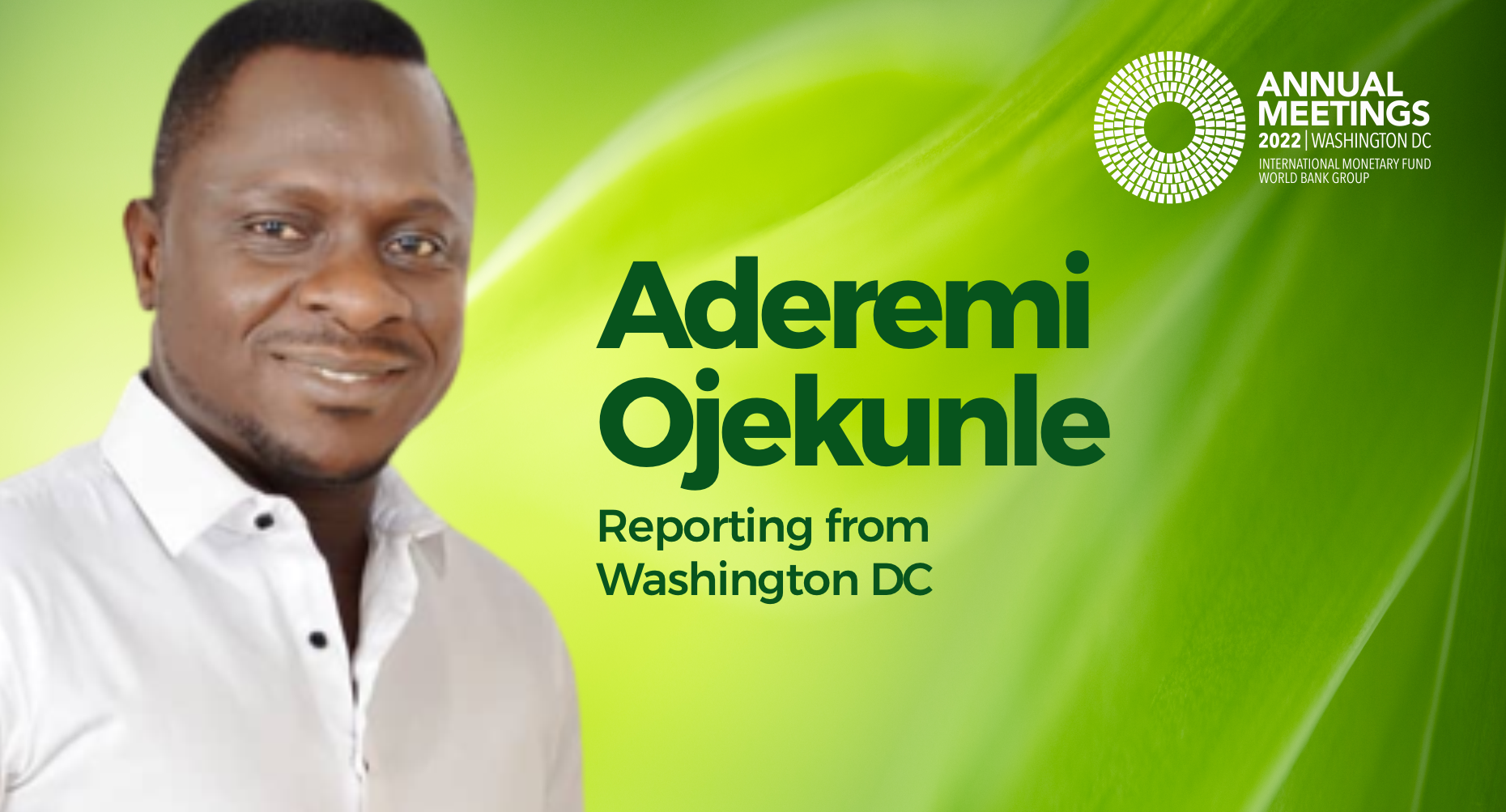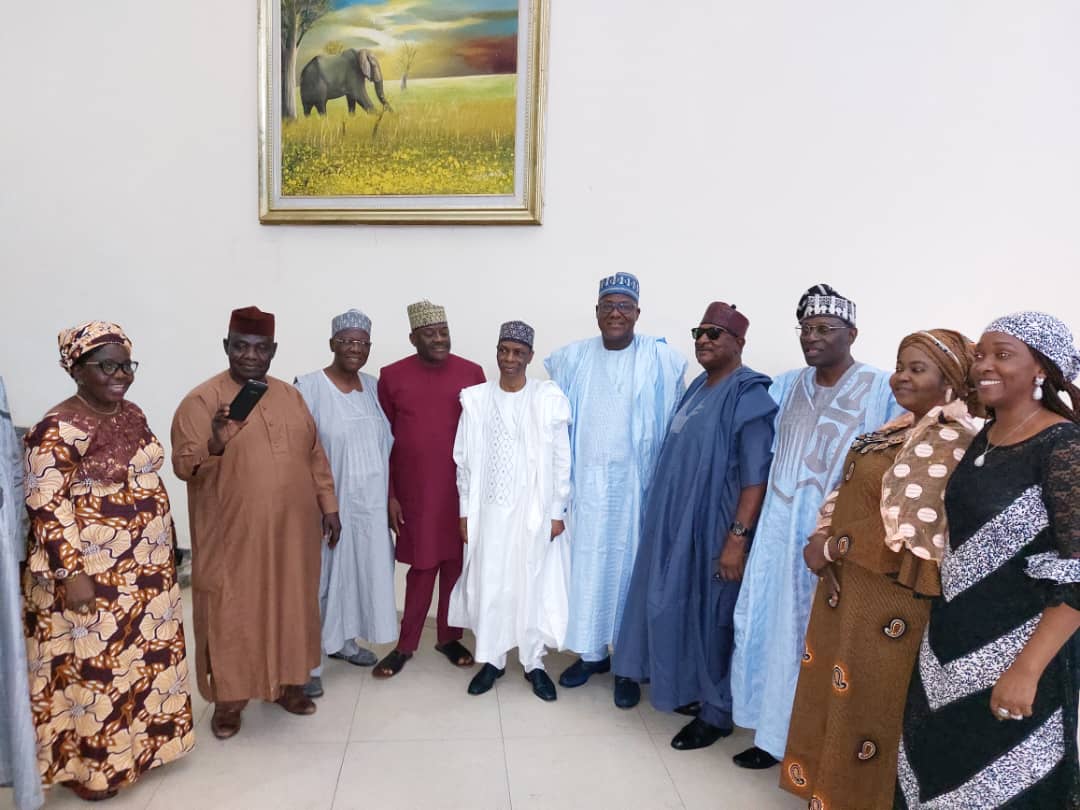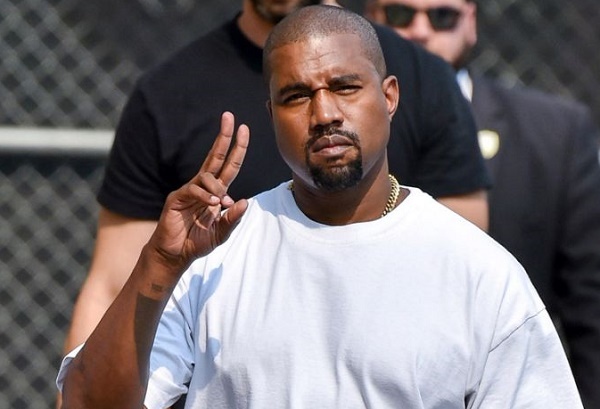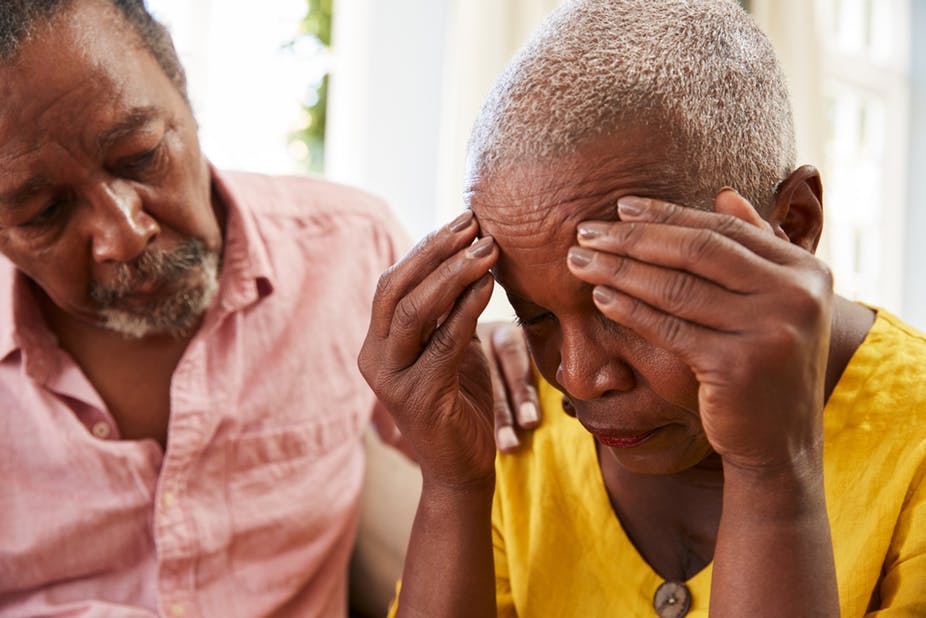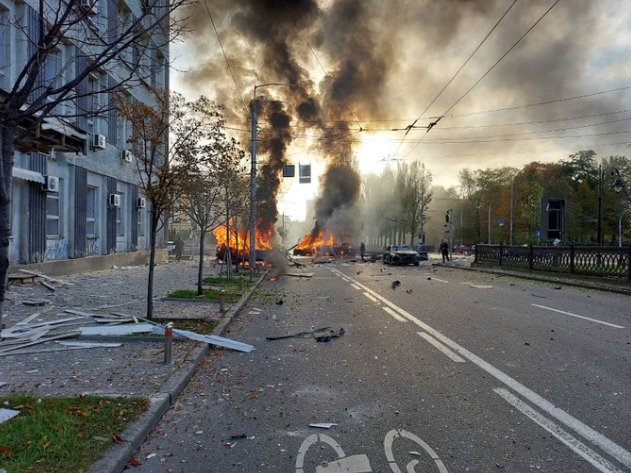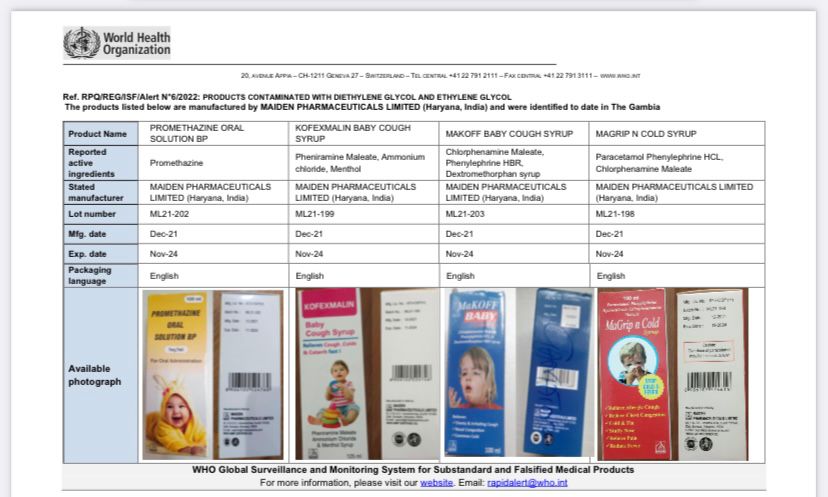The global economies are going through several challenging issues, ranging from the effects of COVID-19 to the disruption caused by the Russia-Ukraine war. These issues will form central discussions at the 2022 annual meetings of the International Monetary Fund (IMF) and World Bank.
In the next one week, policymakers, international organisations, and the private sector — led by the Bretton Wood institutions — will take decisive and coordinated actions to build resilience in the face of rising inflation, food and energy crisis, war in Ukraine, and worsening poverty.
TheCable’s Aderemi Ojekunle is in Washington to provide updates on the decisions reached by global players and how those decisions will shape the economy of Nigeria.
Monday, October 10 — THE WAY FORWARD: ADDRESSING MULTIPLE CRISES IN AN ERA OF VIOLATILIY
Advertisement
Kristalina Georgieva, IMF managing director and David Malpass, World Bank Group president, will host a conversation on global challenges and how the two Bretton Wood institutions are working to support countries addressing multiple crises.
TUESDAY, OCTOBER 11 — WORLD ECONOMIC OUTLOOK
There will be a press briefing on the World Economic Outlook which will highlight IMF’s projections for Nigeria’s economy.
Advertisement
Global leaders will also deliberate on debt restructuring: why too little and too late? As debts are piling up globally, the discussion centres around options for improving the functioning of debt restructuring mechanisms from a private sector perspective.
Godwin Emefiele will also join other central bankers of the commonwealth for a meeting.
Finance and agriculture ministers from G20-member countries will hold a press conference after their first joint meeting. The meeting will focus on how to address the problem of food insecurity.
Later in the day, IMF will organise a briefing on the Global Financial Stability Report. The report provides an assessment of the global financial system and markets as well as emerging market financing in a global context.
Advertisement
WEDNESDAY, OCTOBER 12 – FISCAL MONITOR
The IMF will release its Fiscal Monitor report, which focuses on fiscal policies as tools to mitigate climate change.
THURSDAY, OCTOBER 13 — ZAINAB AHMED JOINS DEBATE ON THE GLOBAL ECONOMY
Zainab Ahmed, Nigeria’s minister of finance, budget and national planning, will join Kristalina Georgieva, IMF managing director, David Malpass, World Bank Group president and Paschal Donohoe, minister for finance of Ireland and the president of the Eurogroup, as speakers of the session.
Advertisement
Others include Mohamed A. El-Erian, the president of Queens’ College at Cambridge University, and Mark Carney, a Canadian economist and banker..
Richard Quest, CNN’s international business correspondent and anchor of Quest Means Business (QMB), will moderate the session.
Advertisement
Before the debate, the IMF and World Bank leaders will hold separate press briefings on the 2022 Spring Meetings Global Policy Agenda.
FRIDAY, OCTOBER 14 — REGIONAL ECONOMIC OUTLOOK UPDATE
Advertisement
Abebe Aemro Selassie, director, African Department, IMF, will lead discussions on sub-Saharan Africa’s economic outlook.
Later in the afternoon, there will be a discussion on central bank digital currencies (CBDC) like Nigeria’s eNaira.
Advertisement
SATURDAY, OCTOBER 15 – AFRICAN CAUCUS AND GOVERNORS’ MEETING
Godwin Emefiele, CBN governor, is expected to join other African central bank governors’ meeting with the IMF managing director.
SUNDAY, OCTOBER 16 – EAST AFRICAN COMMUNITY (EAC)
East African nations will meet to deliberate on the outcome of the meetings and how it affects the region.
Add a comment
